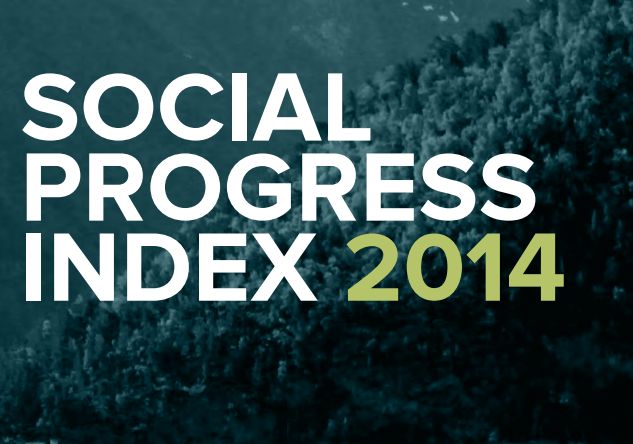 MEASURING NATIONAL PROGRESS
MEASURING NATIONAL PROGRESSThe release of the 2014 Social Progress Index (SPI) at the Skoll World Forum in April attracted significant media attention around the world. The SPI measures the social and environmental performance of 132 countries across 54 indicators grouped into three categories: Basic Human Needs, Foundations of Wellbeing and Opportunity.
It’s much more than an academic exercise — the SPI is the first comprehensive and rigorous tool designed both to measure and promote human welfare. As Social Progress Imperative’s Chairman Brizio Biondi-Morra explains in the foreword to the 2014 report: “By reframing how the world measures success, putting the real things that matter to people’s lives at the top of the agenda, we believe that governments, businesses and civil society organizations can make better choices.”
The Index has emerged from the growing awareness that economic measures like GDP are insufficient to properly capture social progress. The SPI offers a rich framework for measuring the multiple dimensions of social progress, benchmarking success, and catalyzing greater human wellbeing.







I would think that there is an issue with the OECD definition of self eoyempmlnt. Does this include small, incorporated firms? I would postulate that significant numbers of sole proprietors incorporate in the US and Canada both for the liability limitations, as well as the more favourable tax treatment. Also, is the OECD perhaps over-measuring the grey market economies in some of those countries?